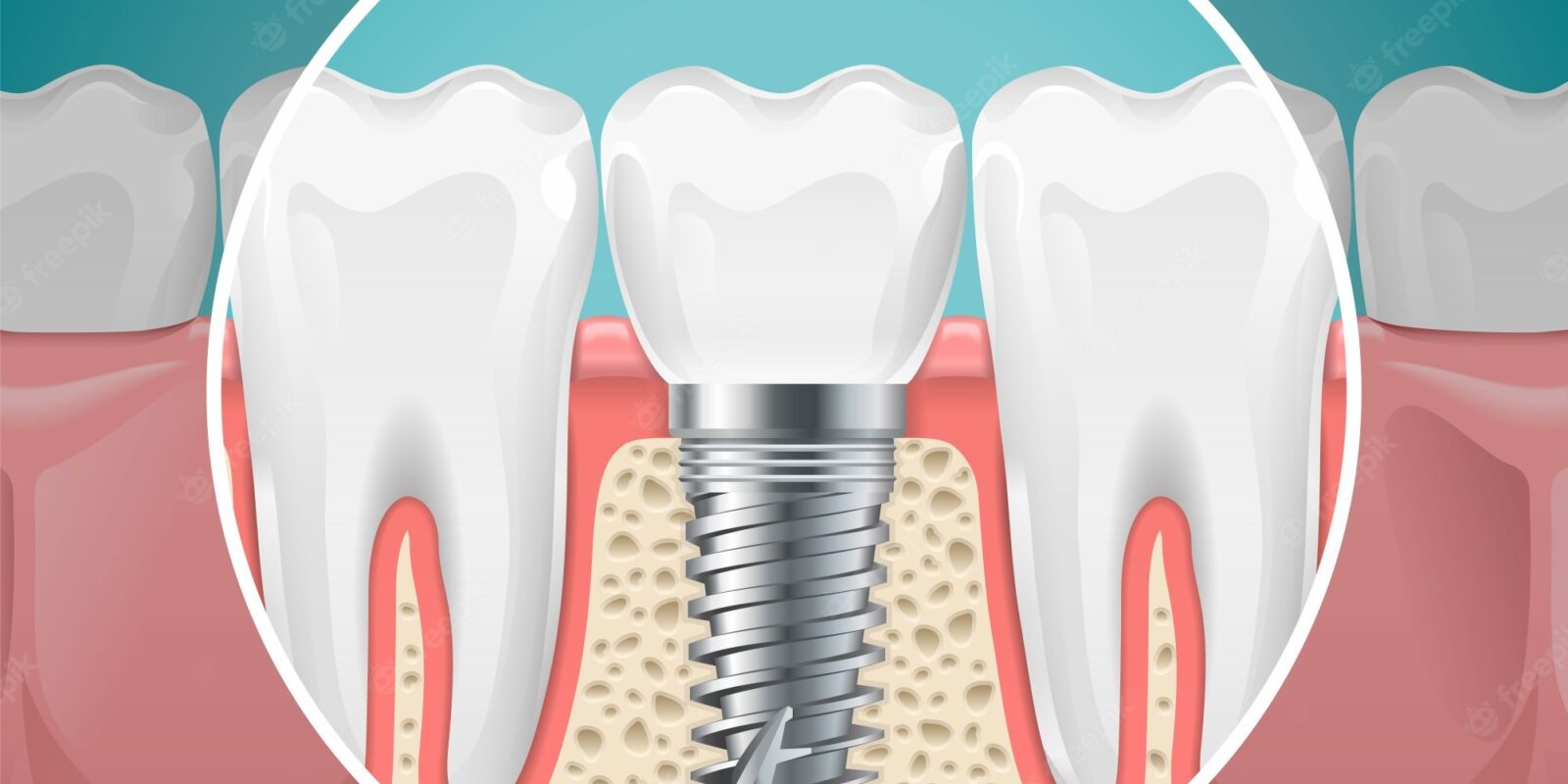If you’ve ever had a dental implant, you know they’re not exactly walk-in-and-walk-out kind of procedures. There is major prep involved, along with follow up care. In some cases, that means waiting months to strengthen your gums before the procedure can be completed. If you’ve gone through the process and come out on the other side with a new tooth, there may be times when it breaks down or fails to integrate into your oral system as thoroughly as you would like. There are chances of a failed implant. When this happens, you need to know when and if you can sue for damages.
An oral surgeon may take on too much stress in their practice if they aren’t equipped to handle all the procedures at once or have backup plans in place for emergency surgeries. If an implant has failed and led to other problems that require additional surgeries and procedures, then there is potential for a lawsuit in these circumstances.

What is an oral implant?
An oral implant is a small titanium screw that is placed in your jawbone during a surgical procedure to hold an artificial tooth in place. Implants are most often used to replace missing teeth due to tooth decay, gum disease, or injury. The surgery to place an implant involves removing some bone from your jaw, disinfecting the area, placing the implant screw into the bone, and waiting for the area to heal before the new tooth is placed on top of the implant and your gums are stitched around the new tooth. Be advised that implants are not quick fixes, and you will have to wait for your body to heal, before the tooth can be placed. That means living with a gap in your smile for a period of time. But once the tooth is in place, you can expect it to last for decades.
What happens if an implant fails?
An implant can fail in one of two ways. First, the implant can fail to integrate with your jawbone, and the bone may reabsorb the implant and cause it to be loose in the jaw. The second way an implant can fail is if your gums have developed a constant source of inflammation that is preventing the implant from being fully integrated into your gums. You may have a failed implant if you have one or more of the following symptoms:
Excessive pain in the jaw or gums
Swelling around the jaw
Difficulty opening your mouth or chewing
A loose implant that can be felt moving around in your jaw
Changes in your bite, such as your teeth being misaligned
Changes in your ability to speak clearly
Discharge from the implant site
A change in the color around the implant site
Breakdown of tissue/bone around the implant site
Inability to bond the implant to the surrounding tissue / new tooth in place / dental bridge in place

When can you sue for a failed dental implant?
If you’ve had one implant fail, you should talk to your dentist and see if they know why it happened. In most cases they will be able to resolve the failure.
If you can prove your implant failed because it was placed incorrectly by the oral surgeon and that mistake led to other complications in your oral system, then you may be entitled to damages in a lawsuit.
Incase you’ve had more than one implant fail, then you should contact another dentist to seek second opinion.
If you’re implant failed and left you with a host of other problems that required additional surgeries and procedures, then you should consider seeking second opinion before filing lawsuit.
Why was an oral implant placed and then failed?
There are a number of factors that may have led to an implant failing. You may want to consult with an attorney to review your suitability for a lawsuit and see if you can be compensated for the implant’s failure. Some of these factors include:
The oral surgeon did not place the implant correctly: This is the most common cause for implant failure. An oral surgeon may be in a rush to place your implant and make a mistake. It’s important to find a surgeon who takes their time and makes sure the procedure is done correctly.
Your oral health was too poor at the time of the surgery: If the oral surgeon determined that you have periodontal disease, have missing teeth, or have a compromised immune system, they may have decided against placing dental implants in your mouth.
The oral surgeon placed the implant in an area of your jaw where there was too much bone: This is known as a “bone-rich” environment, and it is where the body naturally destroys foreign materials. This can occur when the oral surgeon places the implant too close to the area where the nerves are located.
The oral surgeon placed the implant too far away from your gums: You may have a short distance between your gums and your teeth, so it’s important for the oral surgeon to place the implants close to the gums so they can fuse with your jawbone.
Conclusion
If you’ve had oral implant and it has failed, you able to file lawsuit and receive damages to implant’s failure. The most common cause for implant failure is a mistake made by the oral surgeon during the procedure. It’s important to note that if you’ve had an oral implant placed and it has failed, you may still be able to receive another implant procedure to replace the failed implant. This is particularly true if the implant failure was due to a mistake made by the oral surgeon during the procedure. If you’ve had a failed oral implant, you want to report it to your oral surgeon immediately. They may be willing to place a new implant or replace the existing failed implant with a new one.
Follow Us For More Updates






this is are very fast terement so goo royal dental clinic